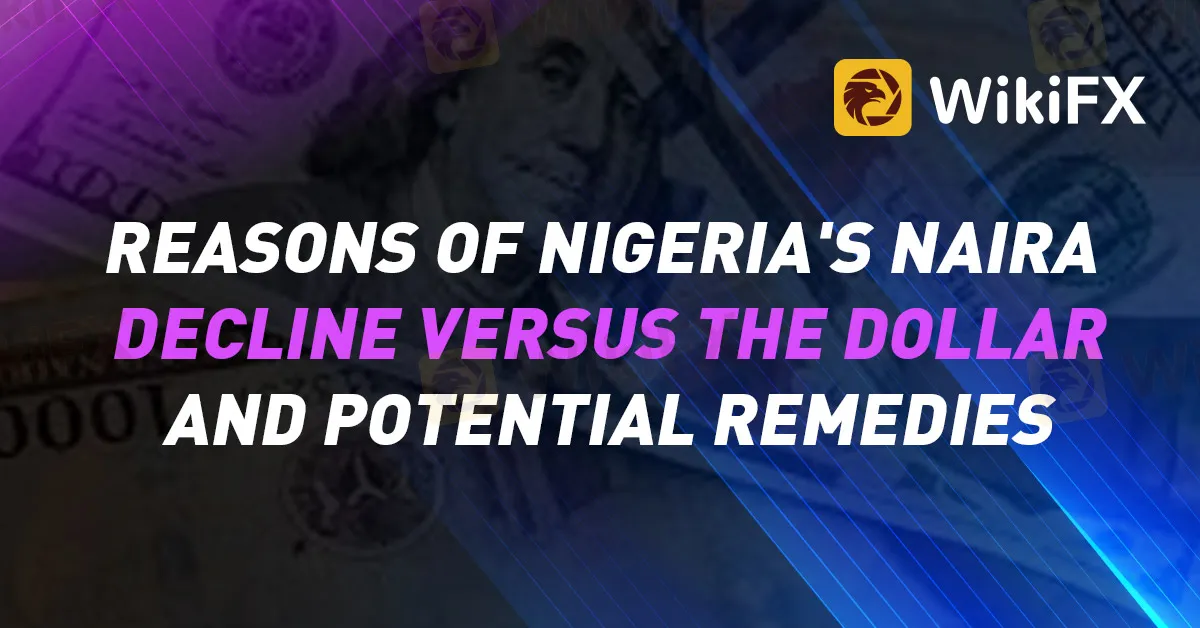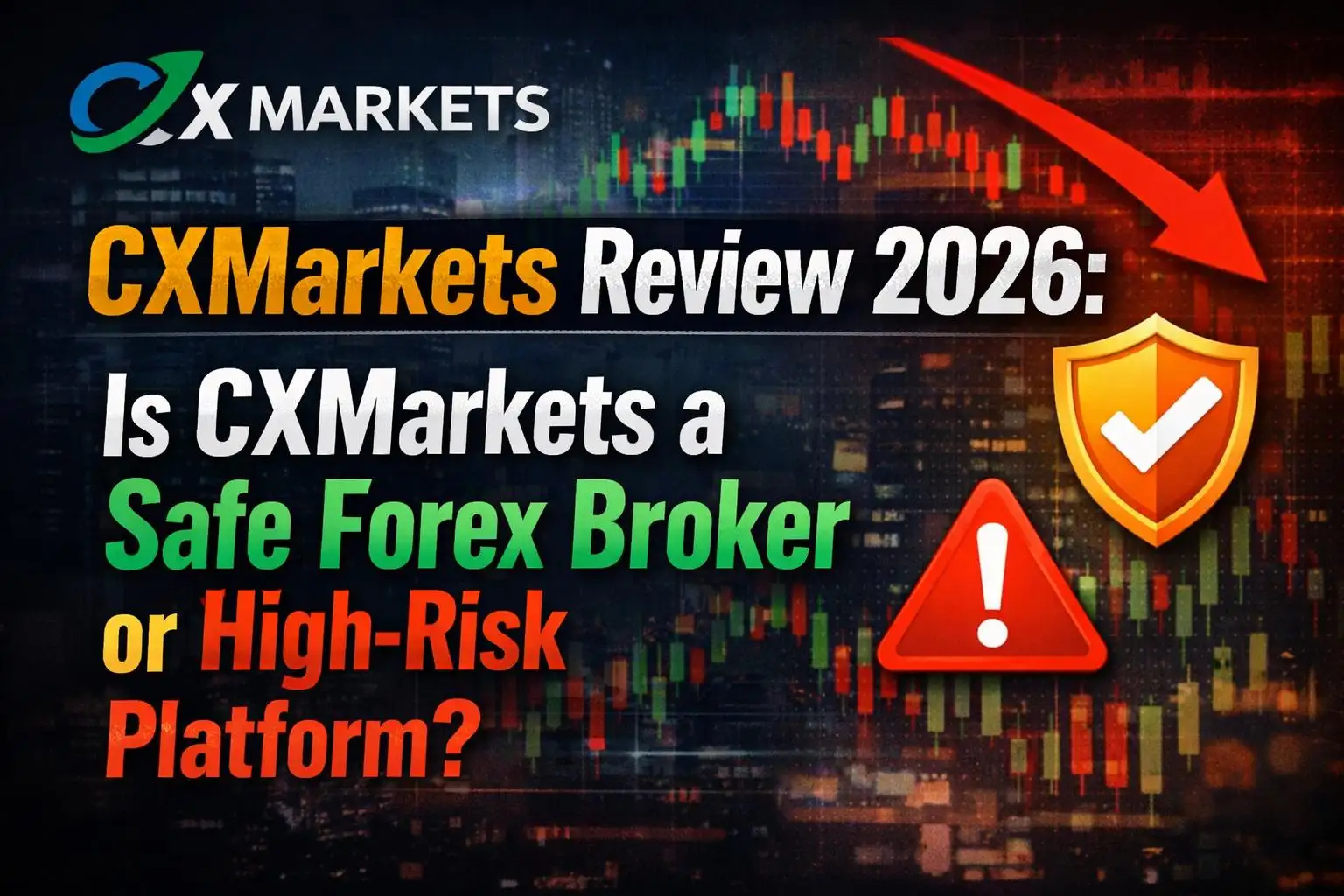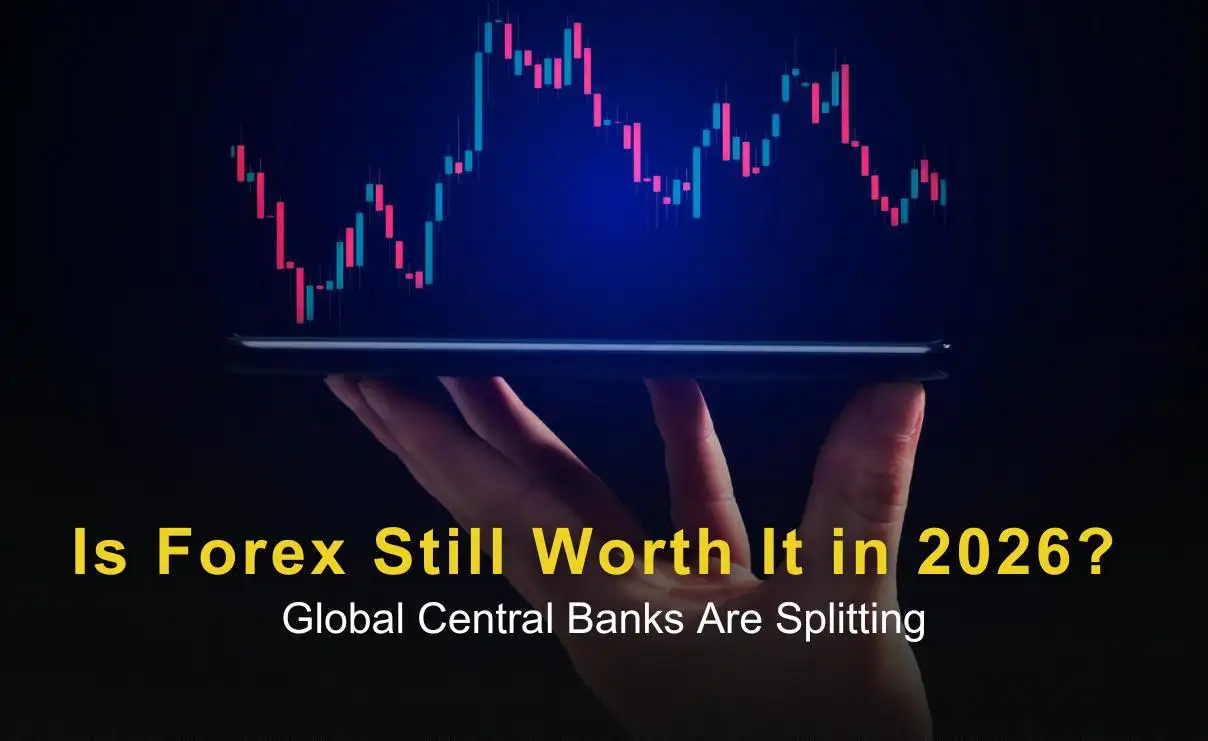Abstract:The value of the Nigerian Naira has dropped steadily versus the US dollar, dropping 3.8%. The country's financial shortage and increased uncertainty are blamed for this drop.

The value of the Nigerian Naira has dropped steadily versus the US dollar, dropping 3.8%. The country's financial shortage and increased uncertainty are blamed for this drop.
Tuesday saw a record low for the Nigerian naira against the dollar as the central bank continued to be under pressure from decreasing due to declining oil production.
Because there are less dollars available due to decreased dollar inflows and external reserves, the naira is weaker.
But, since the Central Bank of Nigeria (CBN) announced intentions to restructure the banknotes, the situation has gotten worse.
Dollars are in short supply. Individuals are buying and holding dollars, mostly importers and even those who do not need them right away, a trader said.
Bank customers who convert their native currency to dollars were forewarned by CBN Governor Godwin Emefiele that they will face sanctions and be put on Post-No-Debit (PND).
According to economists, factors contributing to Nigeria's currency's wild decline include a rising strong dollar, import demand, oil theft, fuel subsidies, currency speculation, a record-high money supply, and low productivity.
According to Bismarck Rewane, managing director and CEO of Financial Derivatives Company Limited, due to subpar oil output, capital flow reversal, at the parallel market, the official exchange rate is overvalued and the sources of foreign cash remain poor.
While the official exchange rate remains expensive in comparison to the N750 observed at the parallel market, the exchange rate through the Investors and Exporters (I&E) FX window remained stable at N462/$ in January and February. As a result, managing the currency rate is essential for accelerating Nigeria's economic growth.
The incoming administration hasn't made it clear which it wants, though.
It is unclear whether the administration of president-elect Bola Ahmed Tinubu would prefer a floating exchange rate system, but the manifesto states that “the exchange rate cannot be ignored nor left to the whims of the market,” according to Chinwe Egwim, chief economist and head of economic research at Coronation Merchant Bank.
She predicted that by the end of 2024, “strong accretion in external reserves would strengthen foreign exchange liquidity and provide the Central Bank of Nigeria to defend the naira.”
Nonetheless, the majority of analysts thought that the best way to stem the Naira's decline was to converge the rates on the parallel and official markets, as Egypt did in 2016. Even though this caused the inflation rate to spike by 30%, it was accompanied by fiscal measures to restrict the liquidity and reserves accumulated to $45 billion in 2019.
Others said that another option would be for the nation to increase crude oil output in order to increase the amount of foreign revenue needed to support the value of the local currency by satisfying dollar demand.
According to Investors King, Nigeria's crude oil production was 1.3 million barrels per day in February, but OPEC's daily allotment for the continent's largest producer is still 1.8 million barrels. demonstrating Nigeria's daily production is 500,000 barrels below its cap.










